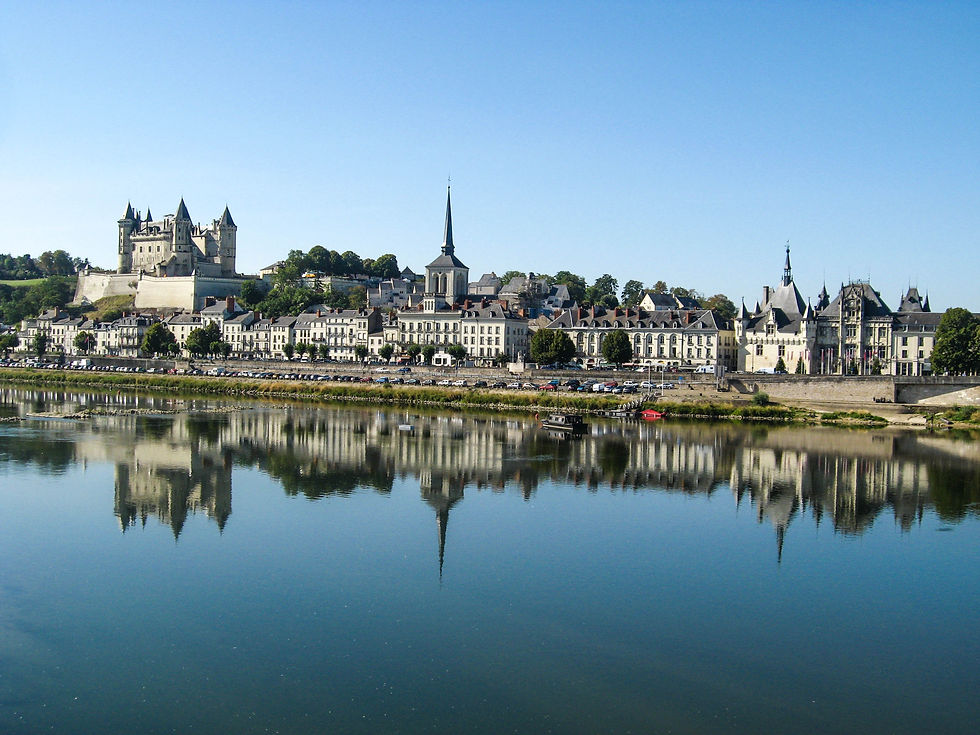BOH-jolais
- Serge

- Jul 6, 2022
- 2 min read
Boh is a famous Italian expression that basically only Italians can explain and generally contains a full sentence in it such as "I don´t know" or even better "How the hell would I know?".
If the real division in Italy is on the amount of gestures produced while talking (in the north less in the south with the addition that the "mano a carciofo" (artichoke hand) is almost prohibited) Italy is for sure united by this BOH.
This BOH applies perfectly to the subject I am about to enter: Beaujolais, here BOH, because today everyone tries to talk about it saying that they have discovered how long-living their crus are, although this, in reality, it´s only a novelty for those that refused to see it before.
Let´s go back in time: in 1395, the Duchy of Burgundy was an independent state, rivalling with the Kingdom of France for the control of the Hexagone and having important dominions in the Flanders.
The 100 Years War was on, we all have learnt that it was France versus England, but actually it was a branch of the Plantagenet family versus another branch of the same family and the France versus Burgundy feud was again a family fight.
All relatives, but very bitter in their feelings.
"Screw you!" "Get off my land" I can still hear them and all in early French...
In this 1395 year, Philippe the Bold, Duke of Burgundy, with an edict outlawed cultivation of the Gamay grape in favour of Pinot Noir in an early example of agricultural regulation related to wine quality. Gamay was producing too much, it was not comparable with Pinot Noir (still it is not) so he decided to relegate it only to a southern and almost external part of its dominions, today´s Beaujolais.
Things change, in time the state-of-the-art changes, new farming techniques are available, yet Beaujolais suffers of this image dating back to the XIV century and of very high yields.
The Beaujolais nouveau wave has been a killer to the global perspective of this region.
It was a commercial success for some decades, nevertheless the region paid a price for it in terms of image.
Yet, when I was living in Lyon, this oeno-gastronomic hub was very much aware of the beauty of its crus, but also of its village wines.
A restaurant was called "Le Brouilly", we were all discussing about Morgon, Saint-Amour, Moulin-à-Vent and so on and some pearls were already available.
In 1998 I visited a wine shop in Honfleur, Normandy, and, all of a sudden, I see a bottle of Beaujolais Blanc.
"100% Chardonnay, Monsieur"
"Ok, I´ll try it".
Well, for instance, very good Beaujolais Blanc wines can compete with very good Saint-Véran, did you know that?
As I always say: it is not because we lack of knowledge that something lacks of existence.
In the wines business, the humility of going beyond our limits and competences it is a necessary trait for a real wine expert, unless one decides to only play on sacred ground.






Comments